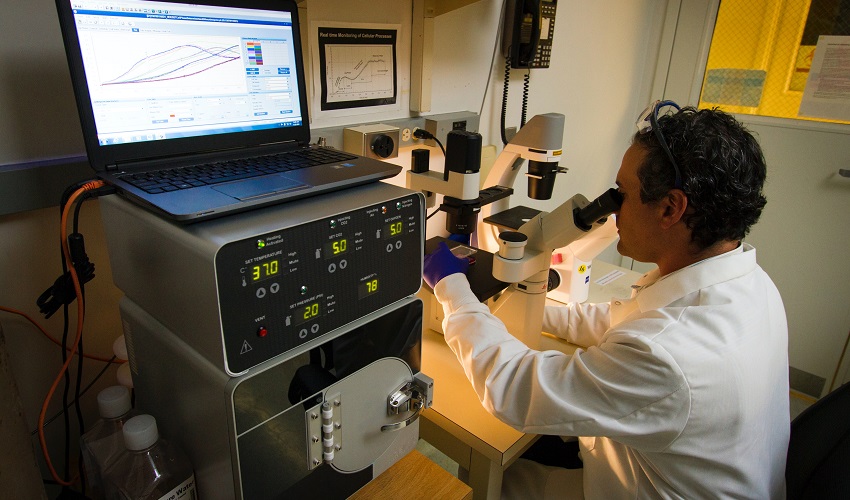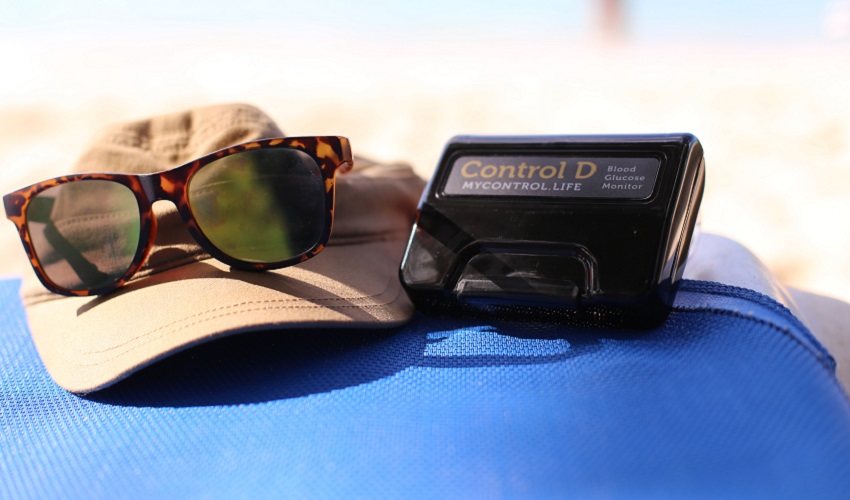Diabetes UK supports the diagnostic criteria published by the WHO in 2006: “definition and diagnosis of diabetes mellitus and intermediate hyperglycaemia”. Diabetes UK also welcomes the 2011 decision by the WHO to accept the use of HbA1c testing in diagnosing diabetes: “use of glycated haemoglobin in the diagnosis of diabetes mellitus”.
Information on the diagnostic criteria for diabetes is below. For further information and an explanation of terms and classifications please refer to the full WHO guidelines.




